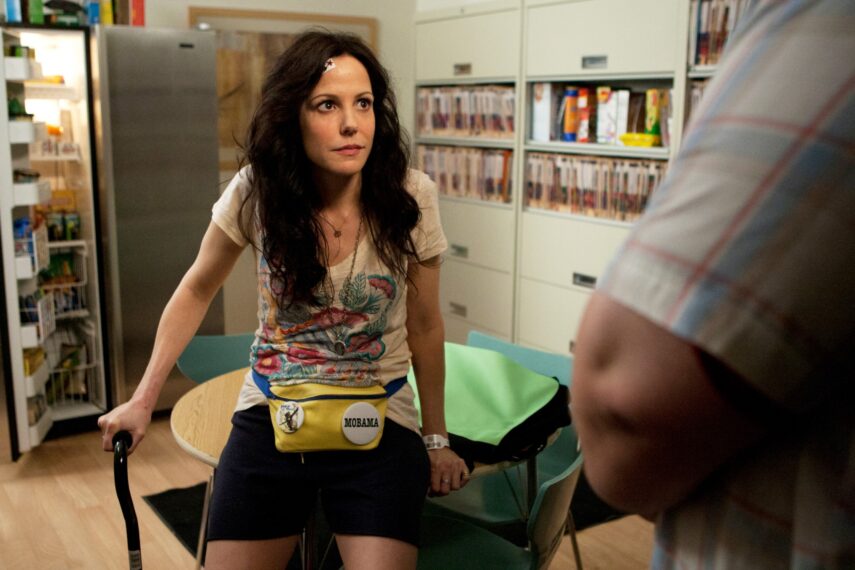There's nothing quite like food and drinks to bring people together. A well-laden table is unsurpassed in its warm and inviting air, but if you're the one hosting, you have to do more than supply a table and refreshments to ensure that welcoming atmosphere — and for first-time dinner party hosts, that's no mean feat. You've got to consider everything from appetizers and allergies, to beverage pairings and place settings, to lighting and entertainment.
When the actual day comes, it can be difficult to relax and enjoy yourself, too. To help you out, Nikesha Tannehill Tyson, esteemed partner of the Swann School and a bona fide etiquette expert, offered us some insight into planning a flawless first-time dinner party — and the advice is straight out of a Beatles song. Simply put: Get by with a little help from your friends.

Before hosting a big party for the first time, "definitely practice with smaller scale events with family and friends," Tyson told Daily Meal. A few people you trust can be your proverbial get-together guinea pigs, so that the main event will emerge as a beautiful and perfectly balanced dinner party . Gather friends and family for a trial dinner party run According to Nikesha Tannehill Tyson, a practice run of your dinner party "will aid in building your confidence and is a great time to be creative and try different themes.
" You want to avoid dinner party mistakes , and you don't want the main event to be the first time your entertaining ideas see the spotlight — leave the experimentation to something low-key and low-stakes. Family and friends can sample the quality of your cocktails and judge how easy it is to serve themselves drinks while you're busy in the kitchen. During that time, you can put the timing of your dishes to the test, note any recipe adjustments you want to make the next time around, and learn to set the table like a pro .
Your trial run doesn't have to be a standalone event, either. Instead, you can offer to organize the next family holiday gathering to build your hosting skills on an already-established foundation. Tyson also suggested attending someone else's dinner party in order to pay close attention (and take some mental notes) before you host your own.
You won't get quite as intimate of an understanding of party practicalities as you would from your own kitchen, but you'll be able to see what you like and don't like, and what will and won't work for your own event. Doing this will also give you a guest's perspective, allowing you to consider what will contribute to the best experience. When you're ready for the real thing, build from the basics A practice run will take some of the pressure off your shoulders, but it isn't the only way to ensure first-dinner-party success.
Before the big event (and also before the trial run), Nikesha Tannehill Tyson said to start your party plan with a few foundational elements. Begin with your budget, how many people are coming, when and where it's happening, what occasion is prompting the gathering, and whether you'll be providing entertainment of some kind. It's also very important to ask guests if they have any allergies or dietary restrictions to consider.
Tyson also advised that you prepare for a few questions and conflicts that might come up. Guests might cancel last minute, ask if they can bring a plus one, or even bring that plus one without asking. If that happens, her advice is simple: "Receive unexpected guests graciously.
" Now, to briefly return to a concept referenced early on: a theme. Although centering your big dinner party around a theme isn't essential, Tyson suggested that it may ease your planning and give the event more cohesion. This choice "will help give you the structure or framework for décor, food, beverages, lighting, and entertainment," she said.
With a few essentials in mind, your dinner party and its practice run will be smooth and inviting..



















